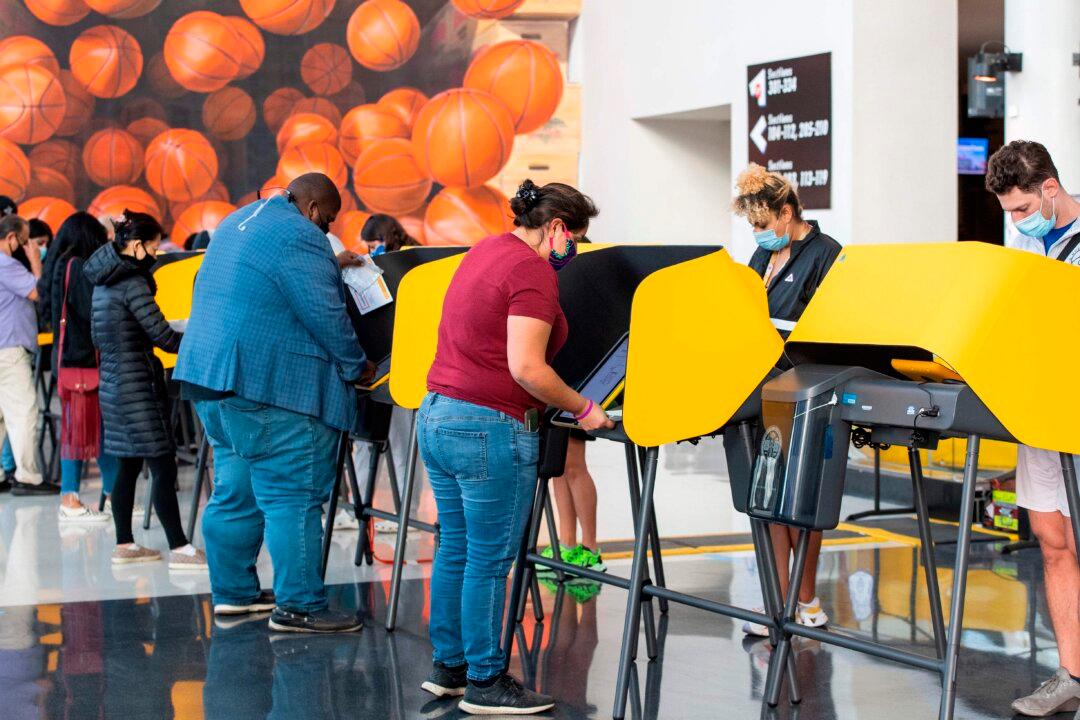With widespread worries about election integrity prompted by the controversy that followed the 2020 election, some states have reformed their laws and procedures, although much more remains to be done, according to an analysis by a conservative nonprofit.
States across the nation made major adjustments to the voting process in response to the COVID-19 pandemic in 2020, including a massive expansion to mail-in voting. Republicans argued that the expansion created loopholes for voter fraud due to a lack of safeguards and voter identification rules.





